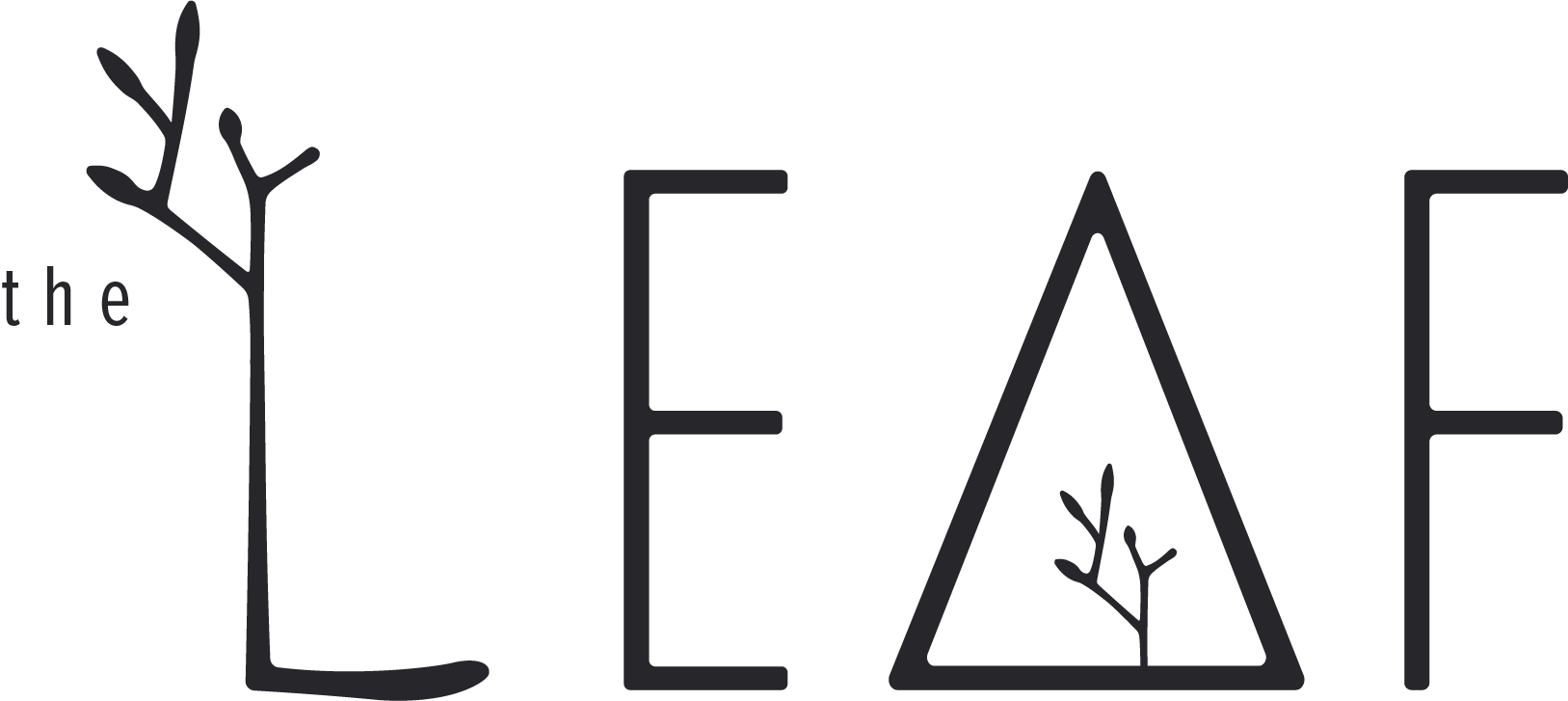Source: Mason Fields
What we mean by biodiverse ecosystem is that there a great number and variety of different types of wildlife and plants that live in an area. This is important because varied wildlife supports a natural sustainability. Think of a village for instance. A village with many people with different skills and many different jobs thrives on its own, however a village where there is only one job and only one skill set is easily disrupted if something happens to that job. Biodiversity works much in the same way. Many different animals and many different plants bring different ‘skills’ to the table and thus promotes a system that is sustainable and capable of coping with changes.
In addition to providing a system that is stable and sustainable, wetlands are also one of the world’s largest sources of carbon sequestering. Carbon sequestering refers to the process of taking carbon that is in the atmosphere and trapping into solid particles such as soil, where it can then be converted into other compounds. Because of this, wetlands have become one of the most sought after regions for dealing the carbon emissions that are considered to be a large contributor to Climate change. It is thought that wetlands cover approximately 7 million square kilometres of the earth surface and are currently sequestering nearly 4 x 10^17 g of carbon (Villa & Bernal 2018).
Although more biodiverse regions like wetlands are more resilient to change there is still a limit to the amount of change that system can experience before collapsing. Unfortunately, in today’s world the threshold for change in wetlands is being pushed to the edge. Wetlands are being threatened by a variety of sources, the greatest of which is land development and human disturbance. With a human population that is expected to increase by 2 billion within the next 30 years. This disturbance and development can only be expected to increase.
So how can you help? Well, by reading this article you have already taken a valuable step. You have educated yourself. One of the core beliefs of the LEAF community is that knowledge is power. Human population growth is inevitable but the education of that population can be the difference between whether we grow with the planet or against it. At LEAF we are committed to educating the public about environmental issues that the world is facing today. For we only protect what we love and we only love what we know.
In addition to increasing your knowledge of the subject you can make a difference in your local community. Contact your local authorities or community groups to see if there are any wetland conservation programs already up and running. If not, create one of your own. Be responsible and report any illegal destruction of wetland areas. Furthermore, you can switch toxic household cleaners and detergents out for more environmentally friendly brands. Lastly, as always, reduce, reuse, and recycle. Making a difference takes only a small step from many people to make a big change.
What are Wetlands?
The answer to this question may seem obvious. Surely they are just land that is covered with water? As true as this may be, wetlands are actually much more than this. Wetlands are extremely biodiverse ecosystems that can be found on nearly every continent on earth and provide a variety of services for human-kind.
Source: Tyler Butler
Source: Remi Ibraheem
For more information on wetlands, how they benefit us as humans, and the current issues they are facing please see the following studies:
Source: Nick Kwan




